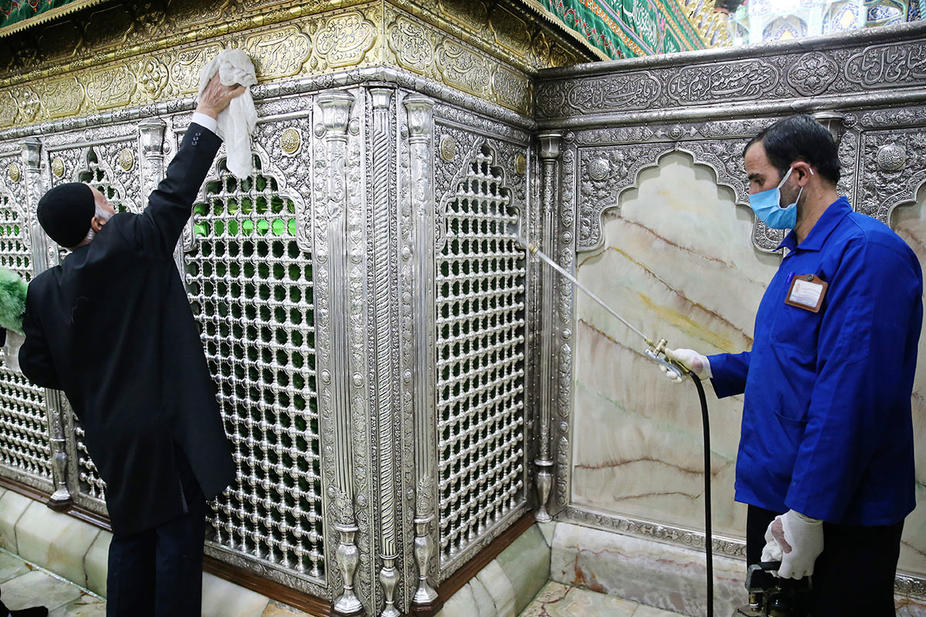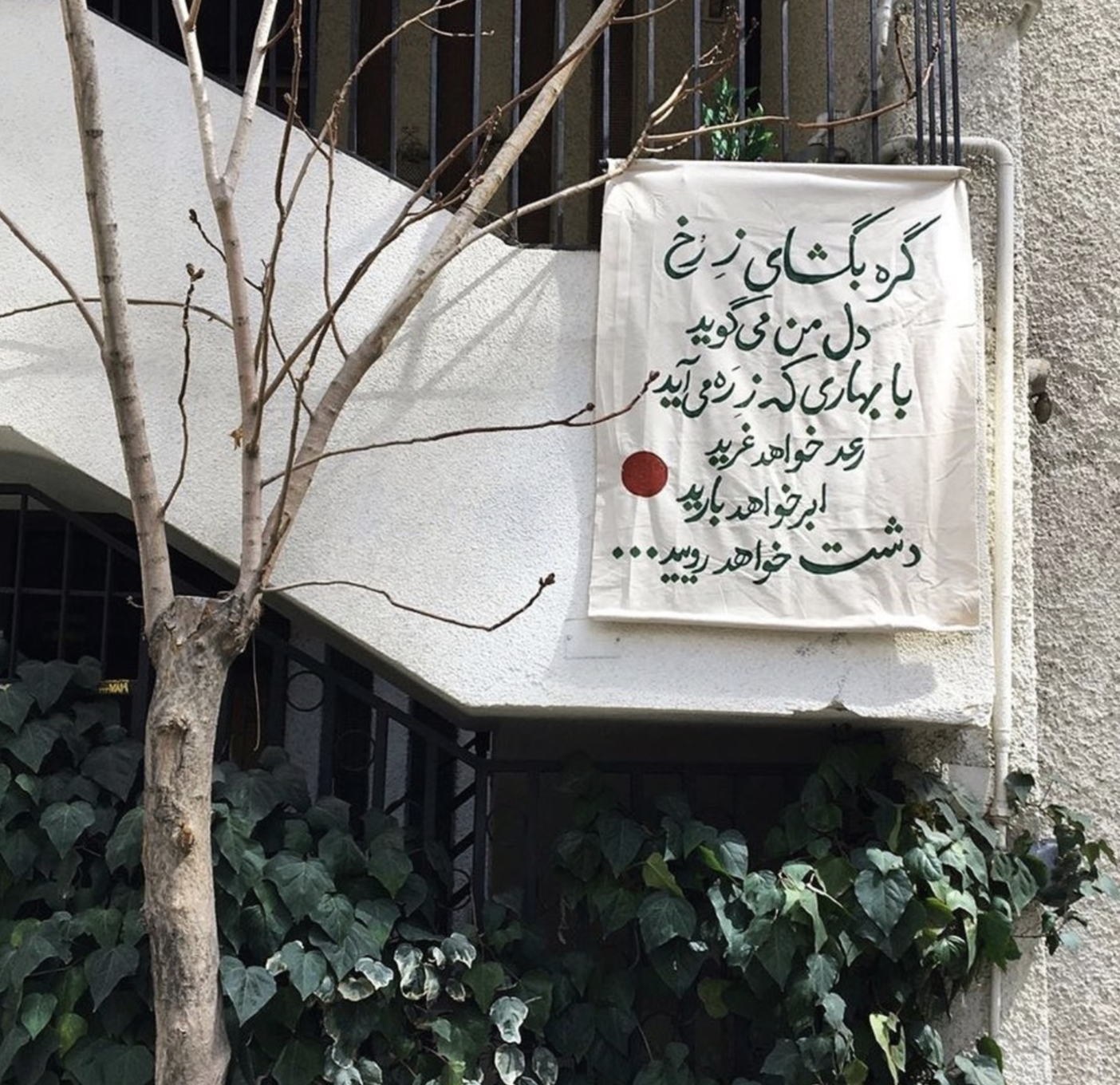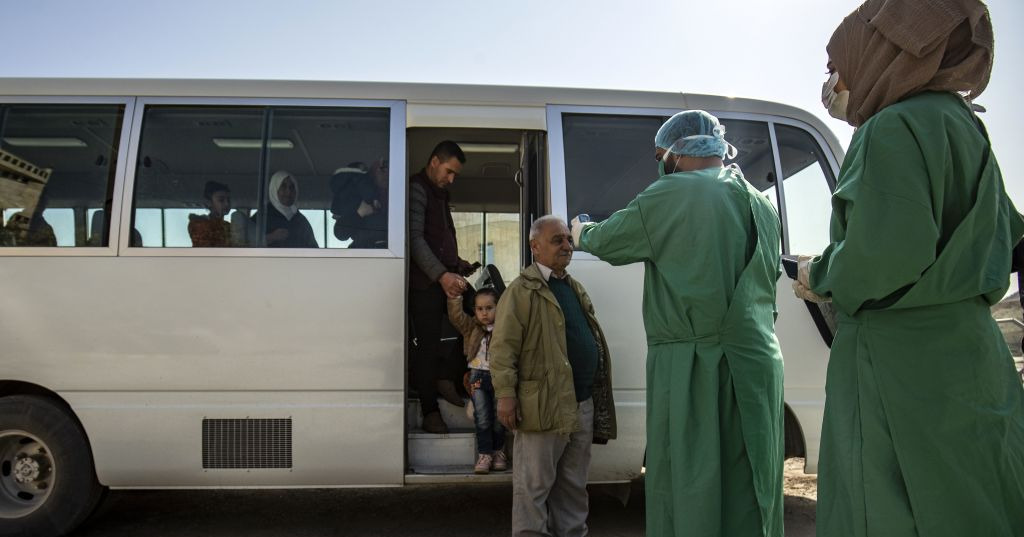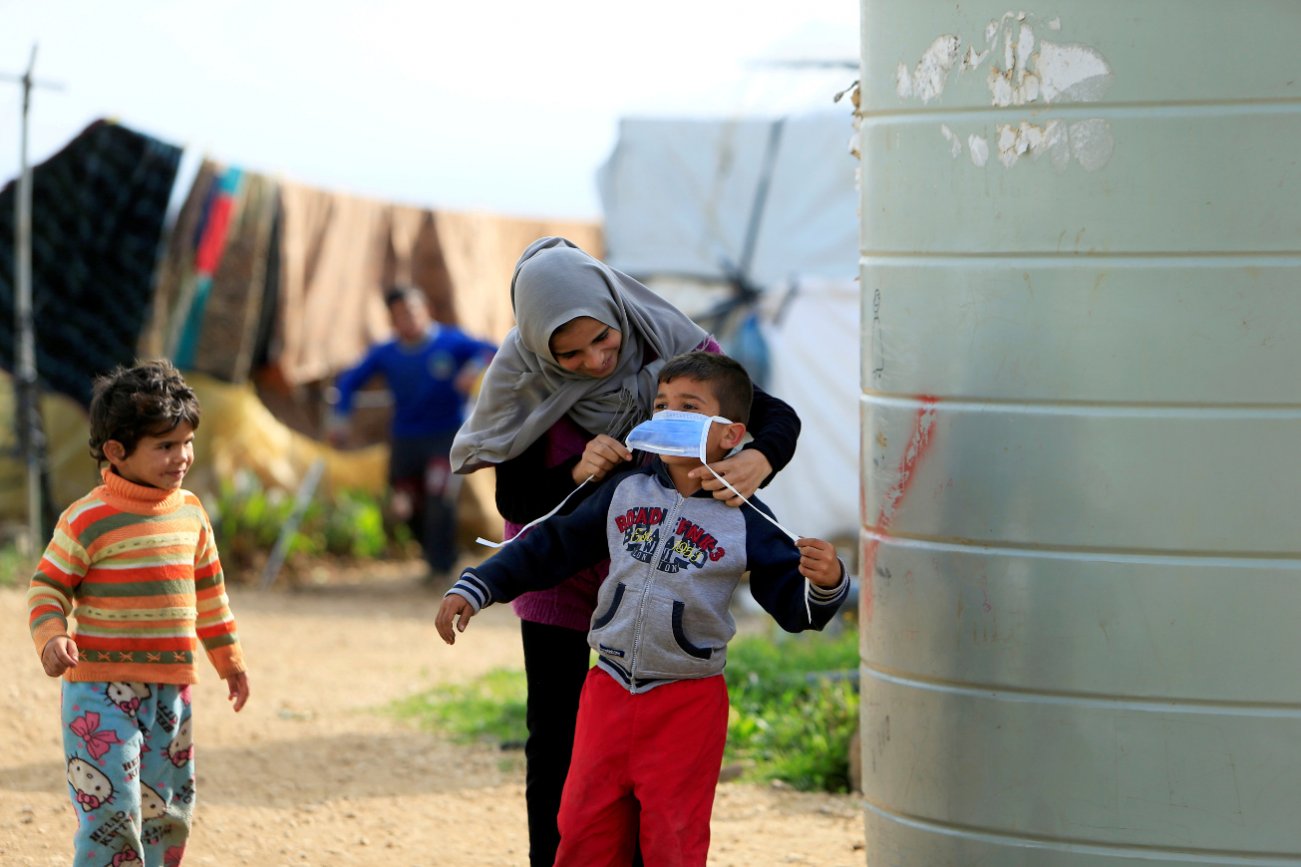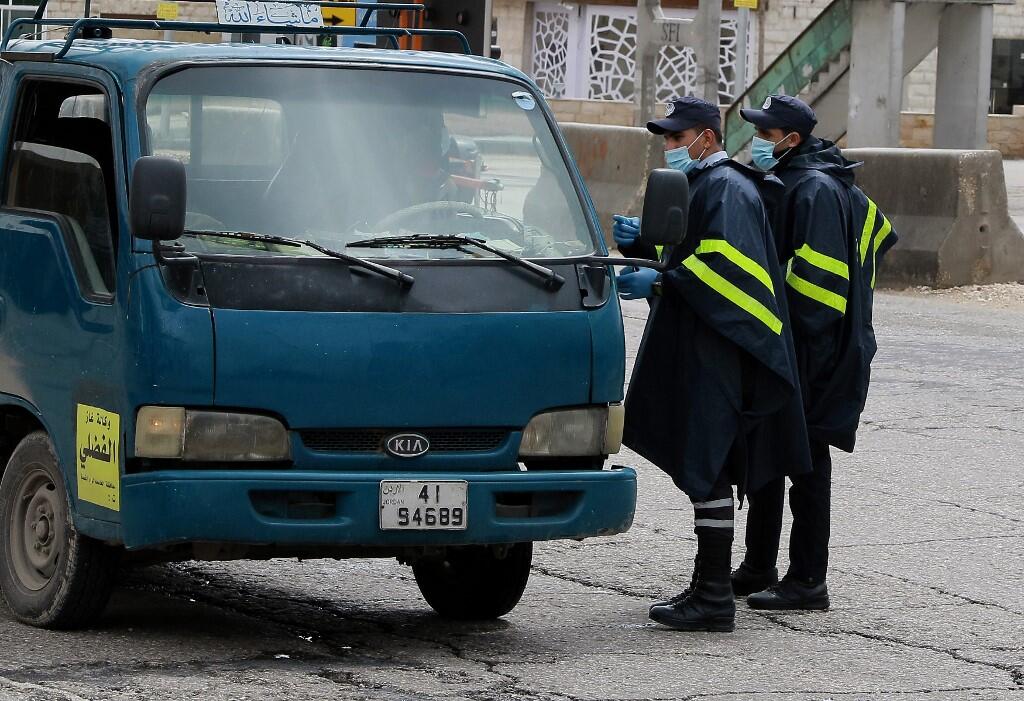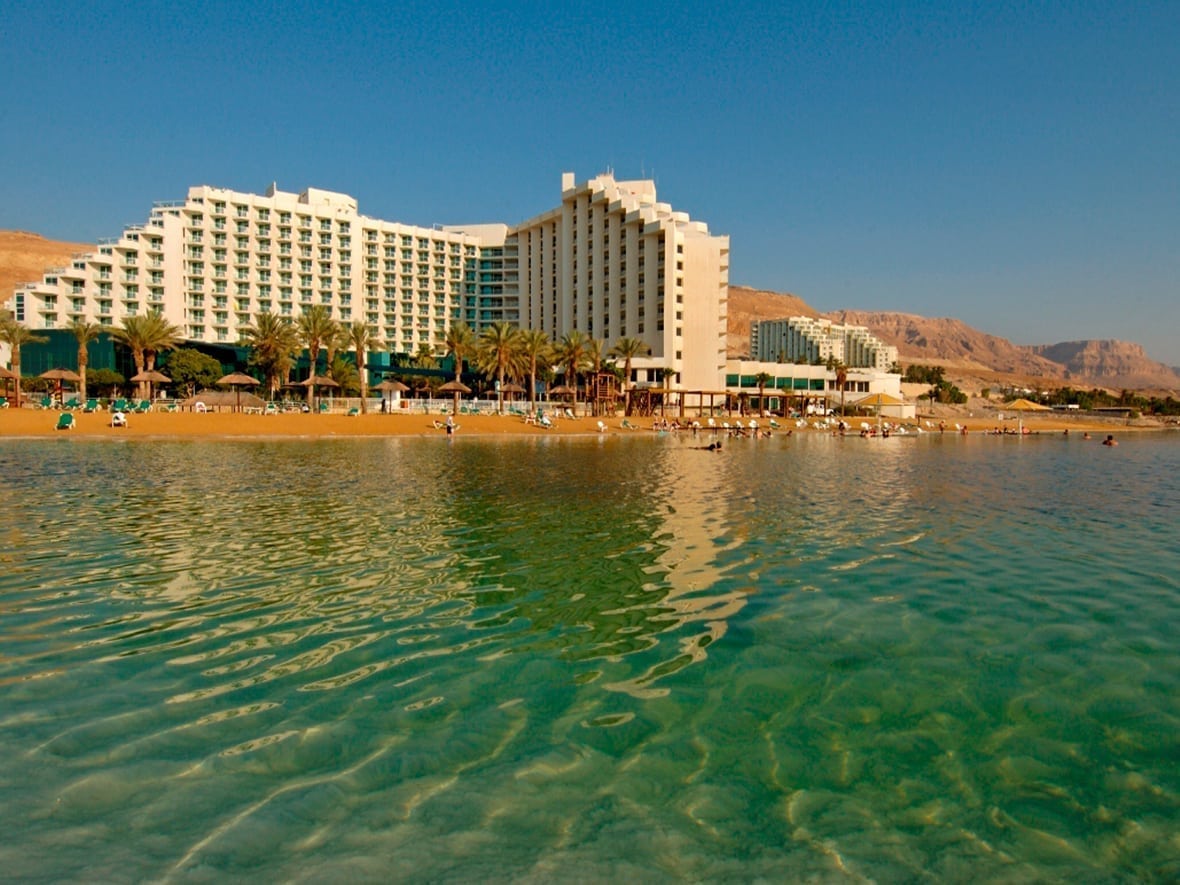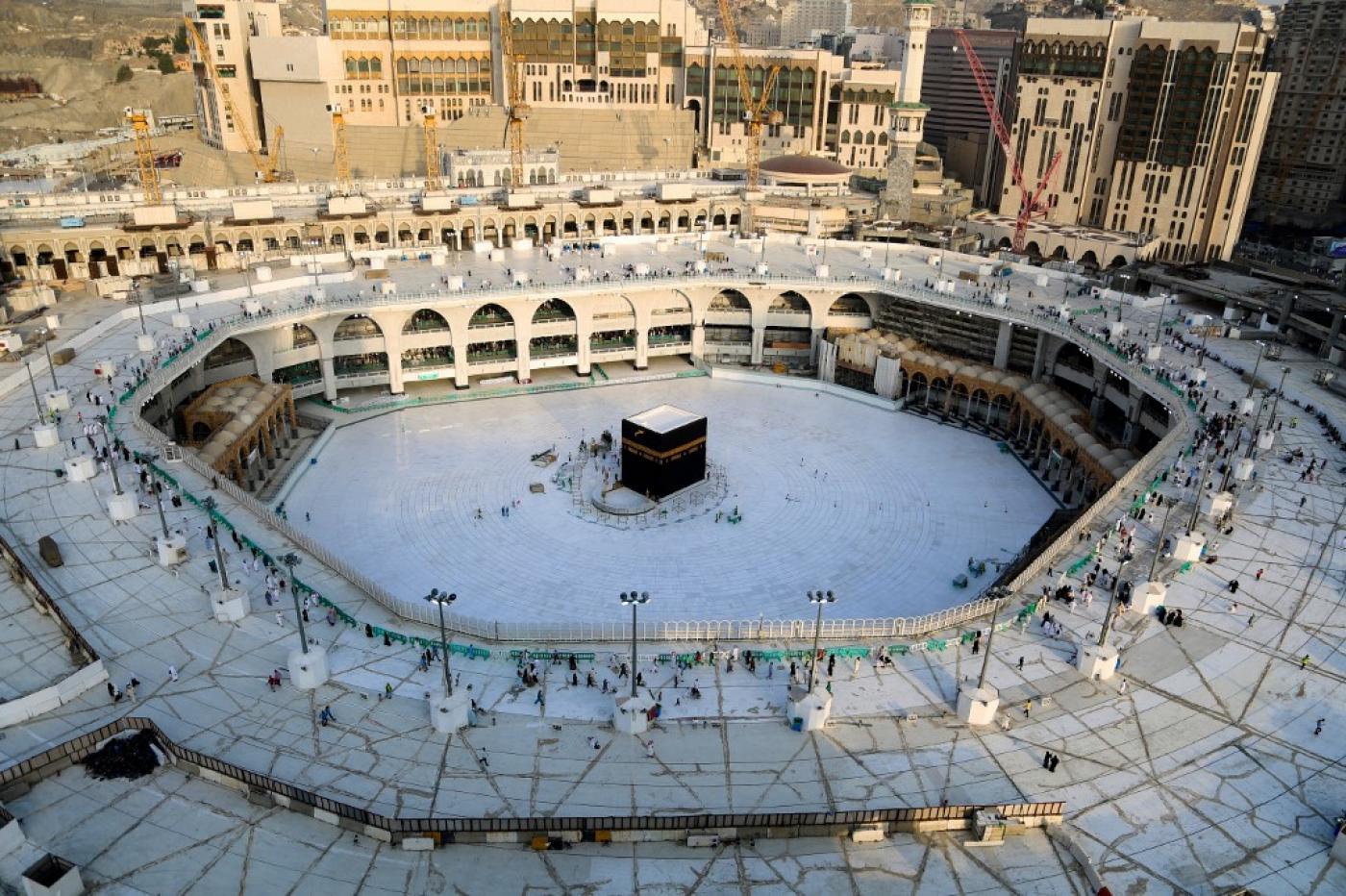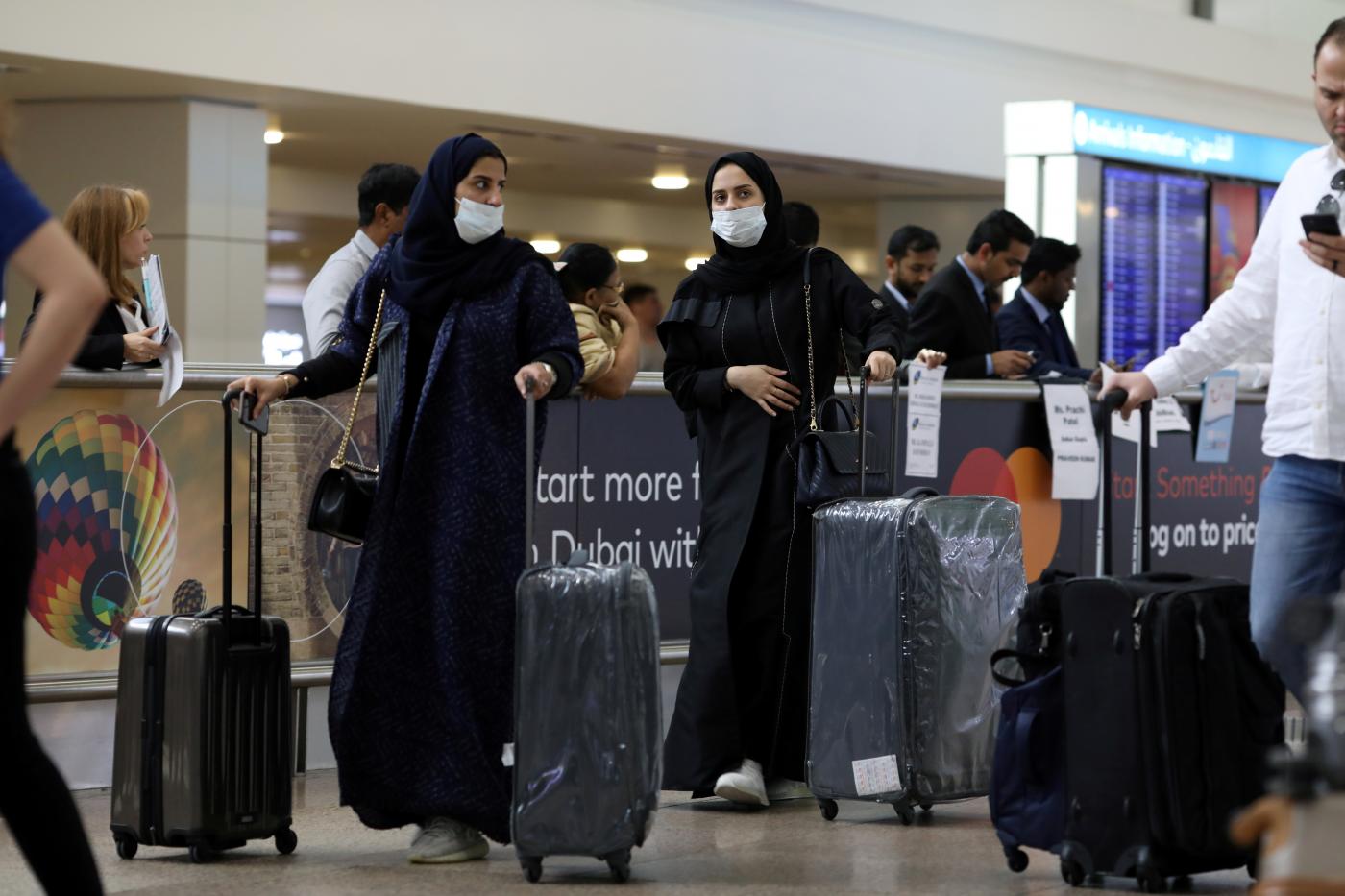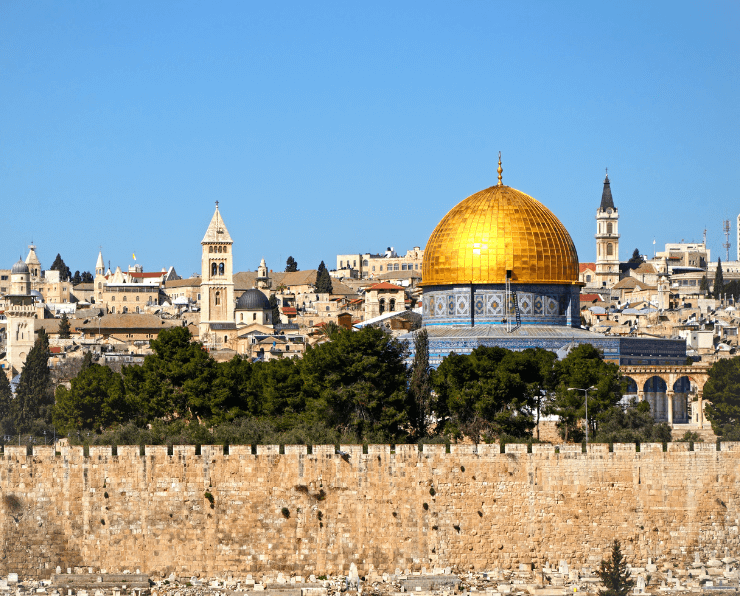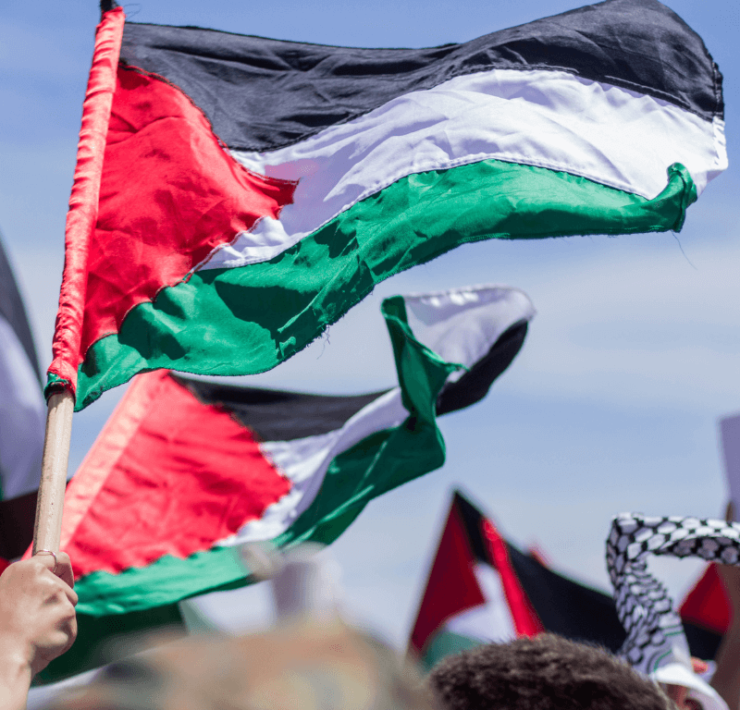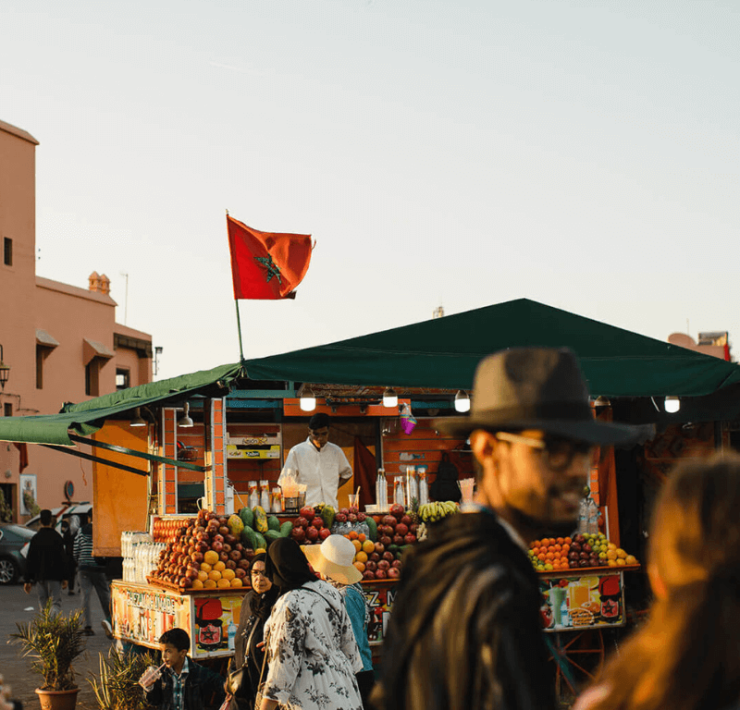Like the rest of the world, the Middle East has spent the last month responding to the spread of Covid-19. Travel and tourism in the region have ground to a halt, while populations have been on lockdown and businesses have suffered.
Below you’ll find an update on the coronavirus situation in the Middle East, with everything you need to know about which Middle Eastern countries have been most affected by the pandemic, how Middle Eastern governments have responded, and what the crisis could mean for the future of an already unstable and conflict-ridden region.
How has Covid-19 affected Middle Eastern countries?
The Middle Eastern country that has suffered by far the worst effects of the coronavirus is Iran, which has reported the more cases than most other countries in the world (on 3rd April 2020 Iran had the 7th highest number of recorded cases worldwide, although the global situation is constantly changing). As of the beginning of April, nearly 3,000 people have died from Covid-19 in Iran. Tehran and other Iranian cities have been on lockdown for weeks, with residents unable to leave their homes.
The government of Iran has been criticised for its slow response and lack of transparency around the number of cases and deaths. But the severity of the situation has also been blamed on crippling US sanctions, which have made it difficult for Iran to import the medical equipment and humanitarian goods they need to tackle the pandemic.
Many Iranians, however, are staying positive. A few days ago the celebration of Nowruz – Persian New Year – took place, and although most families and friends were unable to celebrate together while in quarantine, people in Tehran hung banners with beautiful poetry wishing Happy Nowruz outside their buildings.
Follow Alex Shams, Founder of Ajam Media Collective, for updates from Tehran.
 Tehran residents hang banners with poetry outside their homes, wishing their neighbours a happy Nowruz (image: Alex Shams)
Tehran residents hang banners with poetry outside their homes, wishing their neighbours a happy Nowruz (image: Alex Shams)
In Syria, only a handful of people have tested positive for coronavirus in so far, however medics assume there must be many more cases and the country reported its first coronavirus death at the end of March. The lack of a functioning healthcare system due to the civil war means Syria desperately lacks capacity to respond to the virus, and observers worry about the potentially devastating effect on vulnerable populations.
Also concerning is the way that the pandemic has distracted global attention from the Syrian government offensive in Idlib, which has already displaced hundreds of thousands of civilians and will likely continue as the currently shaky ceasefire looks set to collapse.
 A medic checks the temperature of bus passengers in Syria’s Kurdish region (image: New York Magazine)
A medic checks the temperature of bus passengers in Syria’s Kurdish region (image: New York Magazine)
The situation is also worrying in Lebanon, where a dollar shortage and economic crisis have hampered imports of essential medical supplies, and in Gaza, which already faces an Israeli blockade and is home to an overstretched health system.
Gaza residents have taken to social media to highlight how the unprecedented lockdowns around the world reflect their everyday reality, ironically tweeting things like:
“Dear World, how is the lockdown? Gaza.”
US Senator Bernie Sanders also tweeted about Gaza, urging Israel to lift restrictions and the US government to send humanitarian aid.
One of the most worrying aspects of the coronavirus pandemic is the potential harm the virus could cause communities of refugees and displaced people, particularly those living in camps. At least 12 million refugees and IDPs live between Lebanon, Turkey, Jordan, Syria and Iraq – all of which share borders with Iran. In camps and settlements, dense concentrations of people and poor sanitation could facilitate a rapid spread of Covid-19, with devastating effects for vulnerable people fleeing conflict.
 Refugee communities are particularly vulnerable to the spread of Covid-19
Refugee communities are particularly vulnerable to the spread of Covid-19
YOU CAN HELP refugee communities tackle this unprecedented challenge – please consider donating to Sitti Soap’s campaign to provide Palestinian refugees in Jerash camp in Jordan with essential relief kits!
How are Middle Eastern countries responding to Covid-19?
While Middle Eastern countries generally seem to have taken the Covid-19 response very seriously, the most extreme measures have been seen in Jordan. Flights in and out of the country have been halted and a nationwide curfew was imposed in March, enforced on the streets by the military who were also responsible for delivering essential items – bread, fruit and veg (and of course, cigarettes) – to people’s homes. The curfew has since been relaxed though, and Jordanians are now allowed to visit the supermarket to buy their own food.
 Policemen at a checkpoint in Amman during the curfew (image: Al Bawaba)
Policemen at a checkpoint in Amman during the curfew (image: Al Bawaba)
Before stopping flights, Jordan was also bussing arrivals to the Kingdom to hotels on the Dead Sea for an enforced 14 day quarantine, where they were given meals but not allowed to leave their rooms. Check out Lizzie (@americanqahwa)’s quarantine updates from the Dead Sea Hilton on Instagram!
These extreme measures appear to be working, with just 250 cases confirmed in Jordan by the end of March (compared with thousands in European countries and tens of thousands in Iran), and only five Covid-19 related deaths so far – although the extent to which testing is being carried out is unclear.
 The hotels along the Dead Sea, usually a relaxing getaway for tourists and residents, are currently playing host to quarantined arrivals to Jordan
The hotels along the Dead Sea, usually a relaxing getaway for tourists and residents, are currently playing host to quarantined arrivals to Jordan
The Gulf states have also been quarantining arrivals in hotels. Bloomberg journalist Vivian Nereim documented her experience in quarantine in Jeddah on Instagram after arriving in Saudi Arabia on a flight from the UK.
Images have circulated online showing the site of the Kaaba totally empty for the first time in years after the Saudi government banned travel into Riyadh and the Holy Cities of Mecca and Medina and suspended pilgrimage visas. Saudi has also implemented a curfew, though a less strict one than in Jordan, lasting a few hours a day.
Across the Gulf, governments have closed businesses, offices and roads, warning residents to stay at home to prevent the spread of coronavirus. Generally speaking, Middle Eastern countries have responded relatively quickly and proactively – possibly due to the threat posed by their geographical proximity to Iran – and are therefore seeing relatively more success at containing the virus than their allies in western Europe.
What are the economic impacts of coronavirus in the Middle East?
The world is starting feeling the economic impact of Covid-19, but these impacts could be graver in the Middle East than elsewhere due to the region’s reliance on oil. Oil prices have steadily dropped since the discovery of the virus in January from just under $70 a barrel to around $50, a trend which will likely continue.
This puts particular pressure on the Gulf monarchies to diversify their economies away from the energy sector, which currently largely finances their vast public sectors and allows them to provide financial benefits and employment to their citizens. One of the ways the GCC countries have sought to diversity is by investing in is the tourism industry – arguably one of the biggest victims of the virus.
For a number of years now, the Gulf countries have badly needed to introduce economic reforms such as taxation, budgetary reviews and public sector reforms in order to address growing economic problems. Covid-19 could be a catalyst for the introduction of such reforms, which could be unpopular and may ignite resistance from their populations if not managed effectively.
The spread of coronavirus is also disrupting supply chains and decreasing demand for exports, particularly from China. Oman is the most exposed, with China accounting for 39% of the Sultanate’s exports.
 The Gulf countries have restricted travel to prevent the spread of the virus (image: Middle East Eye)
The Gulf countries have restricted travel to prevent the spread of the virus (image: Middle East Eye)
What does Covid-19 mean for the future of the Middle East?
Coronavirus is causing further disruption and destabilisation in an already struggling and conflicted region. The spread of the virus will likely worsen the humanitarian situation in conflict-affected countries such as Syria, Iraq and Yemen, while its longer term economic fallout threatens the very fabric of political society in the oil monarchies of the GCC.
However, an optimist might argue that Covid-19 could lead to increased cooperation between regional countries usually at odds. For example, in recent weeks some of the Gulf states, including the UAE, have expressed solidarity with Iran – a development that, a month ago, would have seemed impossible.
But just like the rest of the world, while we can speculate based on current economic trends and political behaviour, it will be months before the longer-lasting effects of the pandemic on the Middle East start to become clear.
Are you based in the region? Leave a comment below to share your experience of the coronavirus and the lockdown where you are.
We send our best wishes to all of our readers and our community at this confusing and complicated time.


